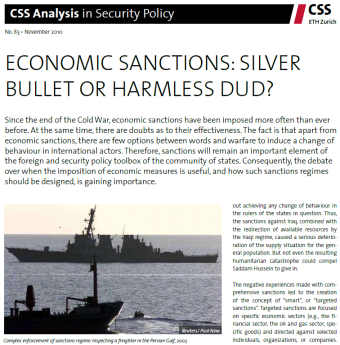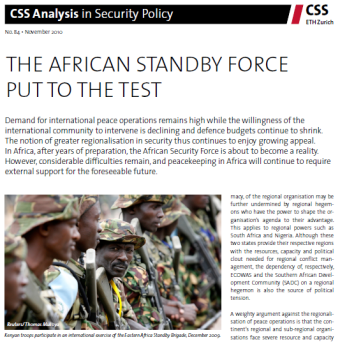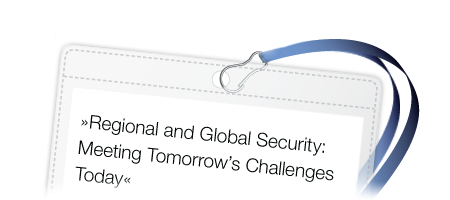- The MAS ETH SPCM is offered in cooperation with leading academic partner institutions (Photo: ETH Zurich)
Week 2 of the Center for Security Studies’ Master of Advanced Studies in Security Policy and Crisis Management (MAS SPCM) lecture series moved from its focus on terrorism to consider money laundering, climate change and their impact upon the changing security landscape.
Money laundering and terrorism
The CSS’s Michel Hess begins by explaining links between money laundering and the financing of terrorist activities:






